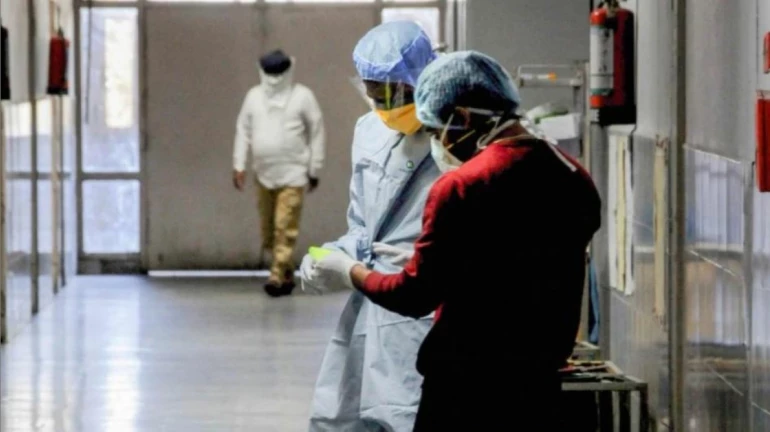
Last week, scientists at the University of Oxford gave out some good news regarding the development of a vaccine for COVID-19. The scientists mentioned that over 1 million vaccines will be made available by September this year. Known as the ChAdOx1, this vaccine is said to be different from other in-development vaccines as it can take lesser time for mass production.
Previous estimates have mentioned that a vaccine may take 18-24 months to be readily available. Professor Sarah Gilbert who is part of the vaccine development team at Oxford’s Jenner Institute received a grant of 2.2 million pounds from the UK government last month for the development of a vaccine and trials. The trials conducted by the researchers include 500 volunteers who will be instrumental in understanding the feasibility of this vaccine against COVID-19.
The Indian Council of Medical Research (ICMR) has now confirmed that it is closely monitoring the feasibility of this SARS-CoV-2 vaccine known as ChAdOX1. This is an adenovirus vaccine that is being developed at the University of Oxford’s Jenner Institute. Despite the positivity of the scientists at Oxford, the World Health Organization (WHO) currently lists only three under-development vaccines for the virus, and ChAdOX1 is not one of them.
The WHO currently recognizes three vaccines that are developed by researchers around the world. This includes CanSino Biological Inc, the Beijing Institute of Biotechnology, Inovio Pharmaceuticals Inc, Moderna Inc, and the National Institute of Allergy and Infectious Diseases (NIAID) based in the U.S. There are said to be nearly 70 vaccines currently in testing, and only three have entered the human trials phase.
WHO’s special envoy David Nabarro remains pessimistic about the chances of the vaccine, however. He reiterated that there’s no guarantee that the vaccine would be developed soon. The citizens are currently getting contrasting information from health bodies and research organizations. The ICMR, however, is putting its faith behind this vaccine by sticking with the research agencies.
These types of vaccines are studied extensively and have been previously researched on patients aged 1 week to 90 years of age. Adenovirus vaccines have been used safely in thousands of human trials in the past covering 10 different types of diseases.
Professor Adrian Hill, Director of the Jenner Institute at the University of Oxford, said “The Oxford team had exceptional experience of a rapid vaccine response, such as to the Ebola outbreak in West Africa in 2014. This is an even greater challenge. Vaccines are being designed from scratch and progressed at an unprecedented rate."
In India, Pune-based Serum Institute of India is said to be working with New York’s Codagenix Inc for a coronavirus vaccine.





